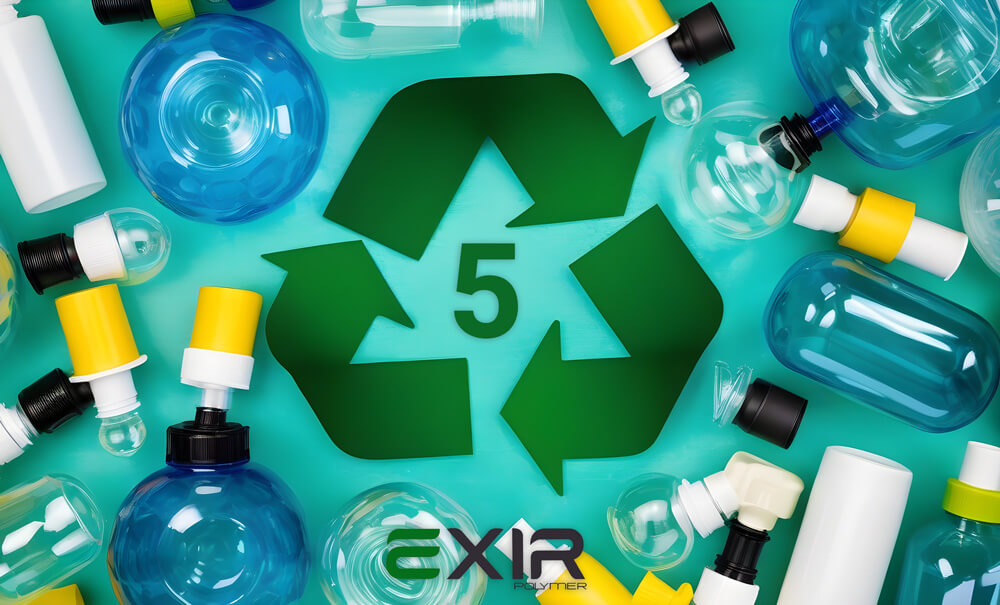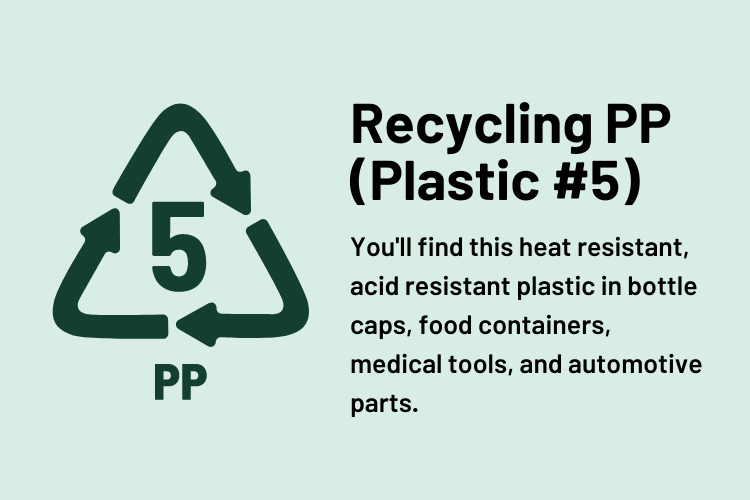As sustainability becomes a key focus worldwide, the focus is on what industries may decrease environmental impacts. Polypropylene (PP), one of the very most generally used plastics, has obtained substantial attention because possible in the round economy. With rising problems about plastic spend, PP Recycling answers are emerging as a promising avenue for reaching sustainability goals and lowering environmental footprints.

Polypropylene is popular across various industries, from packaging to automotive elements, due to its usefulness, energy, and cost-effectiveness. Nevertheless, the persistence of PP in landfills and oceans poses a significant environmental challenge. Fortuitously, improvements in recycling technologies are giving new options to recycle PP more proficiently and effectively.
One of the most significant developments in PP recycling may be the upsurge in mechanical recycling processes. Mechanical recycling involves breaking down plastic waste in to little particles, which can then be reprocessed in to new products. This approach offers a more energy-efficient substitute compared to standard plastic production. PP could be recycled multiple instances, lowering the requirement for virgin substance extraction and minimizing the overall carbon footprint.
In addition to technical recycling, chemical recycling systems are gaining traction. Substance recycling involves deteriorating materials into their base substances, which is often reused to generate new plastic products. This method enables the recycling of contaminated or blended plastic spend that could usually be non-recyclable through standard methods. As chemical recycling systems increase, they could revolutionize just how PP is prepared and recycled, rendering it an integral person in the ongoing future of plastic waste management.
The increasing focus on PP recycling can be operating innovations in solution design. Companies are establishing PP items that are more straightforward to sell by utilizing monomaterial packaging, reducing dangerous additives, and promoting types that facilitate the recycling process. Collaboration across industries is essential to ensuring that PP products are recyclable right away and can be effectively prepared at the conclusion of their living cycle.
Furthermore, consumer recognition and behavior perform a substantial role in the accomplishment of PP recycling. With increasing need for sustainable products and services, more people and corporations are taking steps to ensure that PP waste is removed correctly. Education campaigns and incentive applications can inspire better recycling techniques and help close the hook on PP waste.

Seeking ahead, PP recycling answers are poised to be at the lead of sustainable waste management. As systems advance and industries undertake more rounded techniques, PP may continue being an invaluable resource, operating equally environmental and financial benefits. The ongoing future of sustainability handles on inventions in recycling, and PP recycling alternatives will truly enjoy a essential role in shaping this future.
